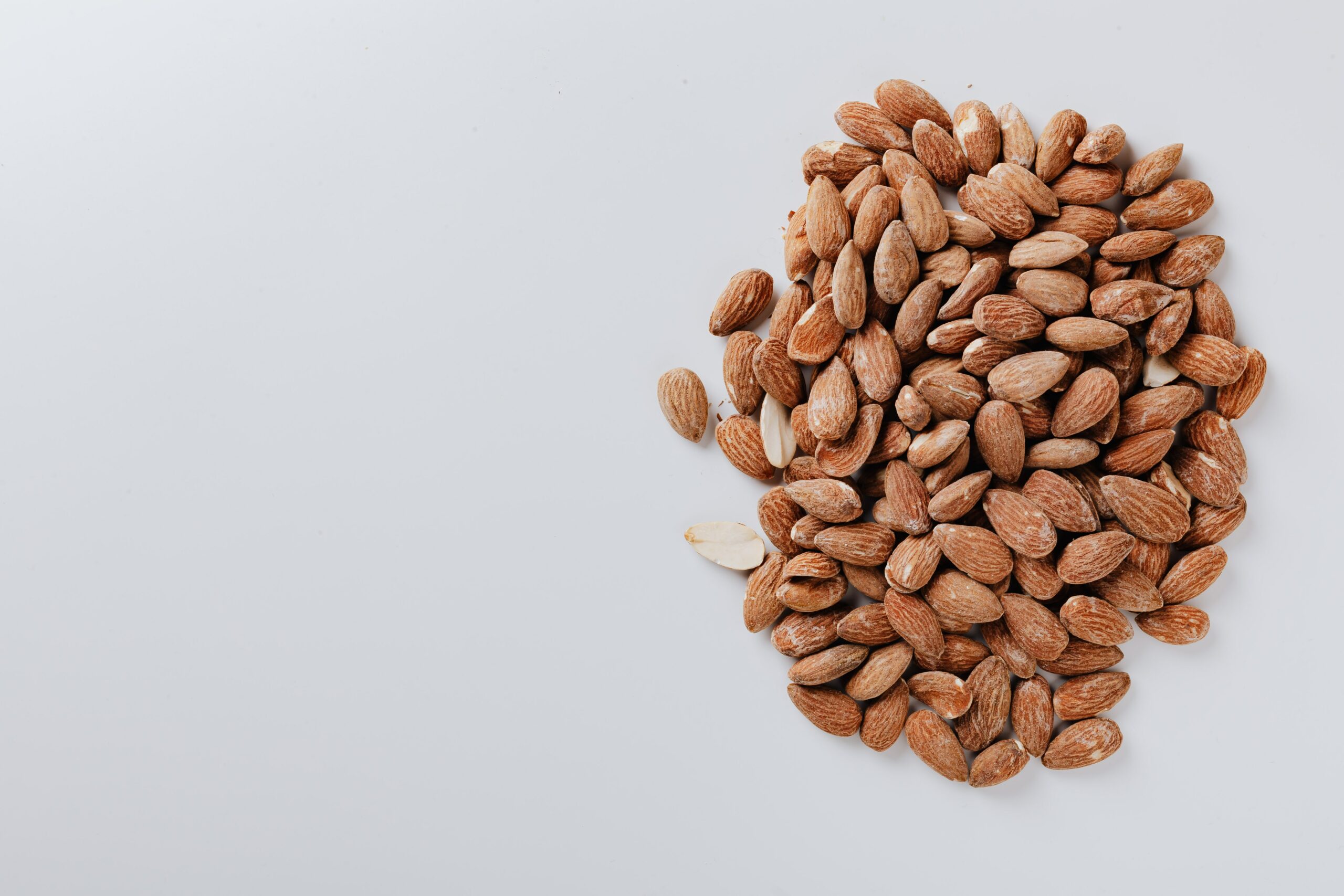World Diabetes Day today November 14th is a good reminder of how prevalent diabetes continues to be across the UK. According to Diabetes UK, 4.8 million people are living with diabetes in the UK and live with an increased risk of cardiovascular disease and, more recently, increased risk of complications with COVID-19.
These risks, combined with the uncertainty of the pandemic, could be severely impacting the mental wellbeing of diabetes patients, who are already twice as likely to have depression than those without diabetes.
The encouraging news is that new research has shown that including almonds in your diet can not only help maintain blood sugar levels for those with diabetes but can also help protect against the development of depression. The study compared the effects of a low-carb diet with almonds and a low-fat diet without almonds and found that those whose diet included almonds had:
- A greater improvement in HbA1C levels (a marker of long-term blood glucose control, and fasting blood glucose levels, in patients with type 2 diabetes)
- A significant improvement in depression score*
- Improvements in weight loss and BMI
- A significant increase in gut microbiota and an increase in specific bacteria that affect GLP-1 secretion which helps improve blood glucose levels after eating
Registered Dietitian Juliette Kellow comments: “Almonds are a really nutritious food – they provide plant protein, are packed with healthy fats and fibre, and contain a wide range of vitamins and minerals.
This means their nutritional credentials alone make them a smart snack for everyone, including those with type 2 diabetes.
This new research is particularly interesting, though, given that people with type 2 diabetes have been shown to be twice as likely to suffer from depression. It highlights yet again, how eating a healthy, balanced diet is important for both our body and brain.”
“A handful of almonds (30g) contains 175 calories, 6g plant protein, 4g fibre, as well as iron and zinc, which contribute to normal cognitive function, and nutrients like magnesium, folate and vitamins B1 and B3, needed for psychological wellbeing. This highlights just what a great snack almonds are for body and mind.”
Juliette adds: “Lifestyle changes such as eating a healthy diet, increasing physical activity and achieving and maintaining a healthy weight can also help manage type 2 diabetes and reduce the risk of developing other related conditions such as heart disease1.”
Several other studies, funded by the Almond Board of California, also demonstrate the potential cardiovascular benefits of including almonds in healthy diets among those living with type 2 diabetes.
